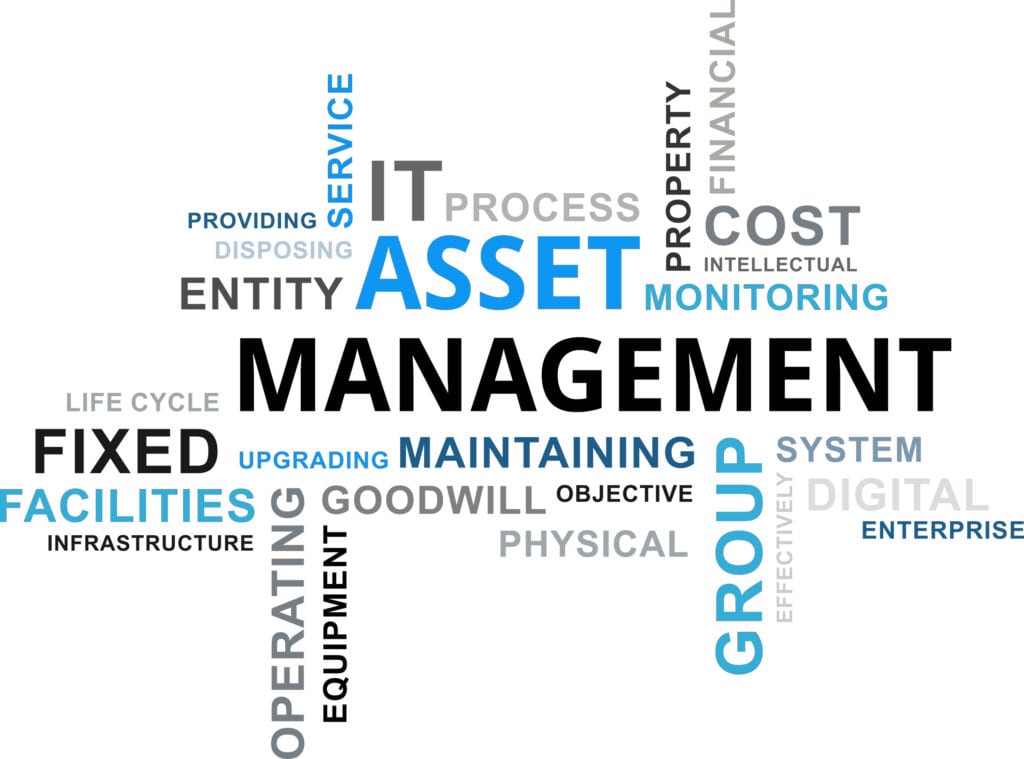Property management is essentially real estate management. It is the control, maintenance, and administration of physical property. Property may be anything from land, house, office complex, fundamentally everything that the said land or property consists of. For example, take a parcel that has a house, yard with an orchard, water well, etc.
Everything that is anchored or immovable, whether on or in-ground, inside the parcel boundaries, is considered property. Real estate may also be a kind of investment referring to constructing, purchasing, or selling a property. That is where management comes in handy. Regardless of whether you intend on buying a property or selling one, a real estate manager will act as a bridge between the two sides. There are several different types and forms of real estate management.
Considering that there may be all kinds of different types of properties that require management, it is important to have a manager that specializes in said area. In order to understand which management is suitable for which occasion, we may have to differentiate between the different types of properties that are manageable. Here are the four specific areas of management.
Residential property management

A residential real estate manager runs a profit-producing residential property on behalf of the owner. Single or multifamily homes, townhouses, apartments, condos are what is considered to be residential. A manager of this sort controls all aspects of marketing, leasing in case of vacancy, along with all day to day duties ensuring that the property is well maintained.
The manager needs to understand all the circumstances of the market in order to set rental rates, market the property to potential tenants, sorting through various applicants, negotiating length and terms of a lease, and so on. It is the manager’s duty to take care of all the necessary things in order to properly manage an asset.
What sets this aside from, say, commercial real estate, residentials tend to have shorter-lasting leases, usually ranging between 6 to 12 months at a time. With this being said, the most important part of managing this type is marketing. A good manager must present the property in the best way possible in order to potentially lease the space
Along with those responsibilities, a professional manager will stay on top of all maintenance needs of building, financial and administrative information. Also, the manager will need to keep all the building’s insurance, taxes, mortgages updated.
Furthermore, it is in the manager’s job description to be available to tenants in case of certain requests or possible issues, ensuring that both parties are satisfied. It is in no way an easy task. Being available for your clients and their tenants is a very important part of the job. If you are in need of a property manager, renterspad.com might be a good place to start.
Having a residential property manager might especially come in handy if the property you own is not in close proximity to you. Having someone take care of your assets for you, professionally, is a great way to ensure that the job is well done and that your investment is paying off.
Commercial property management

Unlike residential, commercial property manager handles non-residential assets like offices, retail spaces, shopping malls, industrial buildings, etc. Same as the previous one, the goal is to operate a profit-producing property.
This type of manager must be able to execute a broad spectrum of different tasks. Same as before, advertising, marketing, and leasing are all part of the job. The difference is, businesses often tend to lease properties for a longer period of time, therefore, negotiation processes usually take longer. Most of the leases are signed for multiple years with renewal options. On the other hand, since most of the commercial leases are run by companies or firms, there is not as much work after the initial lease has been settled. Usually, all the hands-on tasks are performed internally. Often times commercial tenants will take care of the maintenance of the leased property, which is sensible because many will adapt the property to their own needs, for example, they will redecorate office spaces to match their brand and so on.
Having this kind of manager is very useful if you are not familiar with the market or administrative and financial aspects of managing commercial spaces. It is meticulous work, best done by professionals. Nowadays, many investors start hiring commercial managers to help them manage their real estate in order to maximize their income.
Recreational property management

This is a particular aspect of property management pointed towards managing properties such as marinas, resorts, campsites, or any other recreational services. Other than previously mentioned responsibilities, this type of management is very property specific. Let’s take a marina for example. A manager of a marina should make sure that every boat is the best state possible in order to ensure better business, he would make sure to develop plans on how to increase profits, determine boat slip rentals, provide potential customers with sailing training to make the experience as pleasurable as possible. In addition, business aspects as accounting, HR, marketing, and others may also be a part of the management service.
Asset property management

This type is usually associated with the financial industry, but it can also be directly connected to real physical property. To put it simply, it is a process of managing and operating physical assets. Essentially, what asset management provides you with is preparing and advertising your property for sale or search for potential buyers in order to make as much profit as possible. This is one of the most intricate types of real estate management because, in order to profit as much, you need extensive knowledge of the market which is exactly what the manager will provide you with.
There are a lot of specialized types of property management, but in the end, it all comes down to the same essence – it is a service that oversees your property for you. Whatever the reason behind hiring a manager is, convenience or pure belief in the manager’s professionalism, you may believe that it is in their best interest to make your property as profitable as possible.
 Imagup General Magazine 2024
Imagup General Magazine 2024



